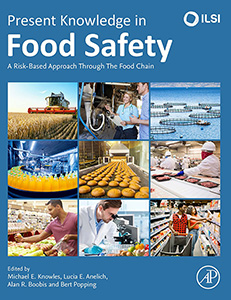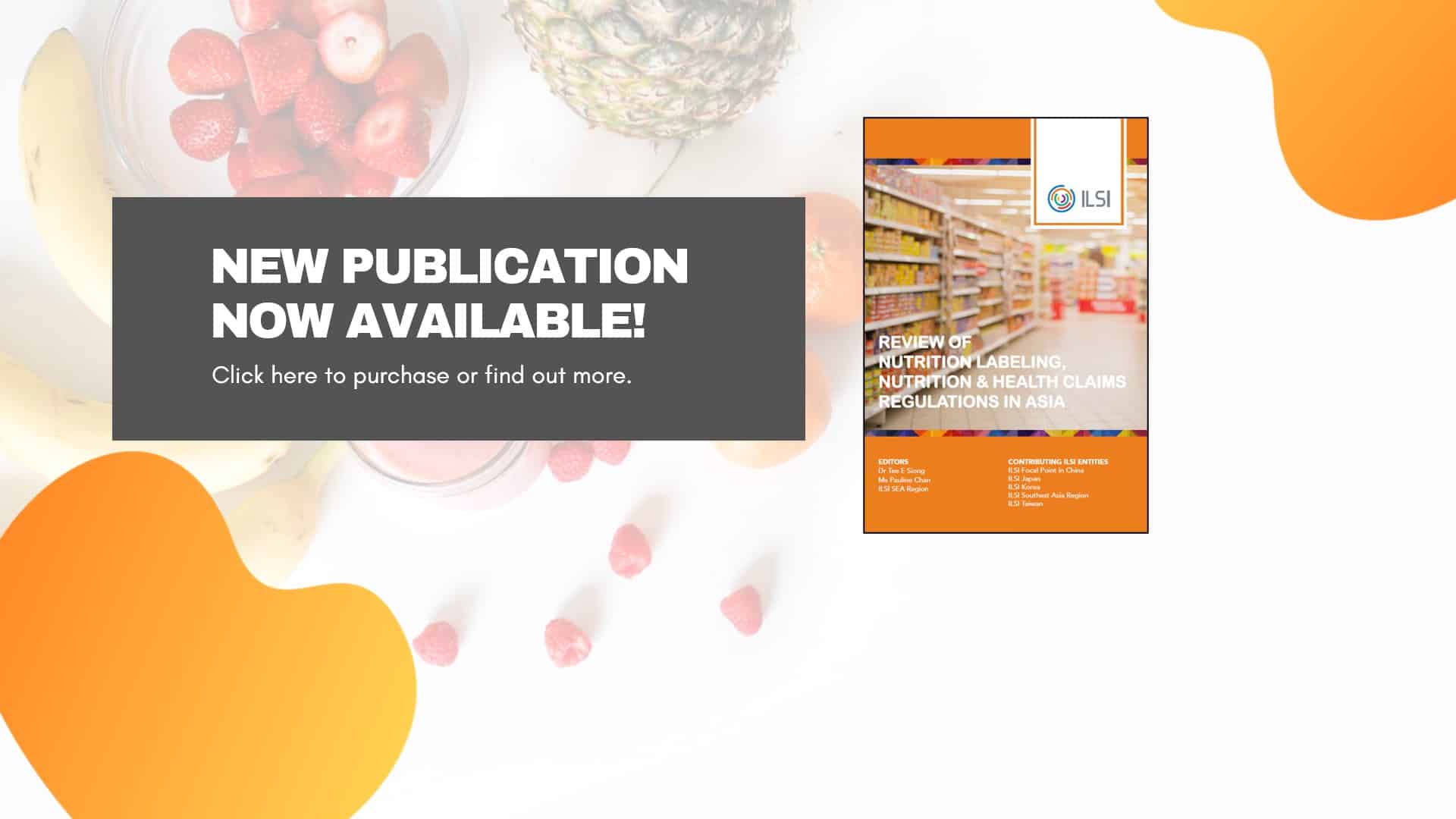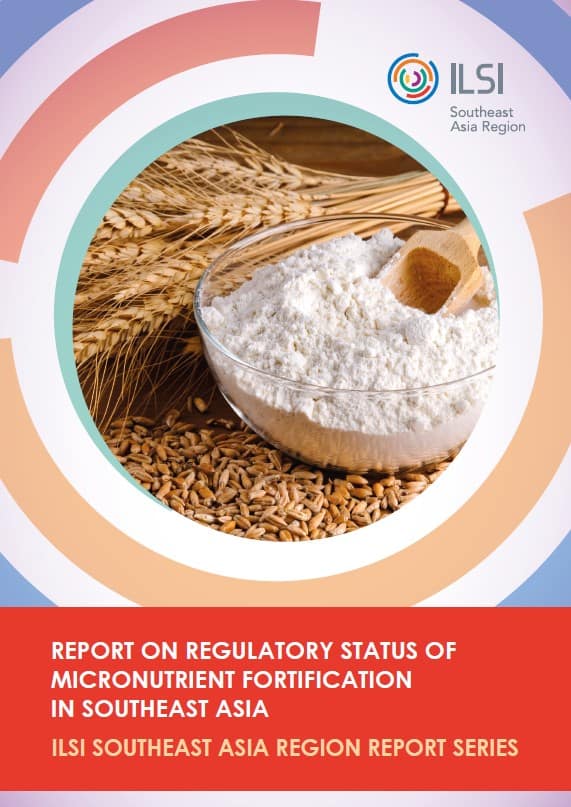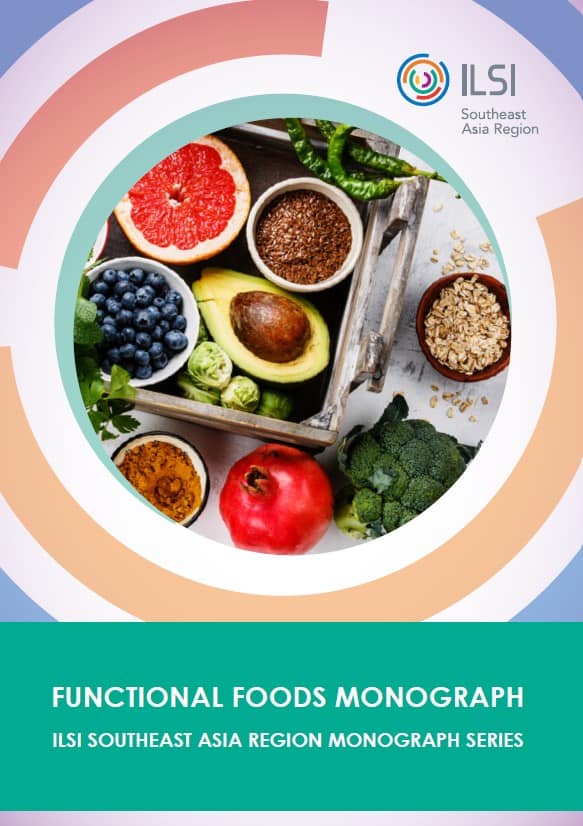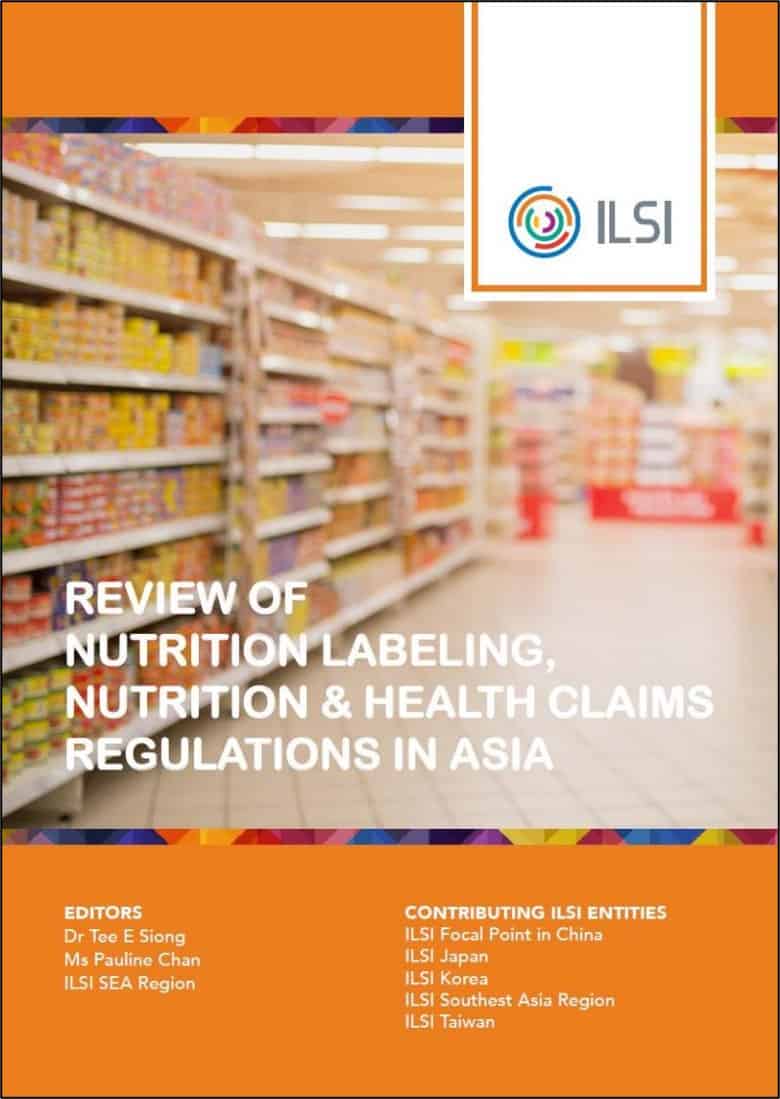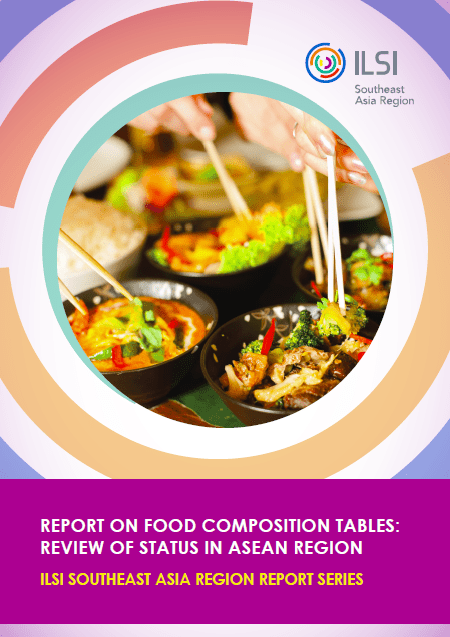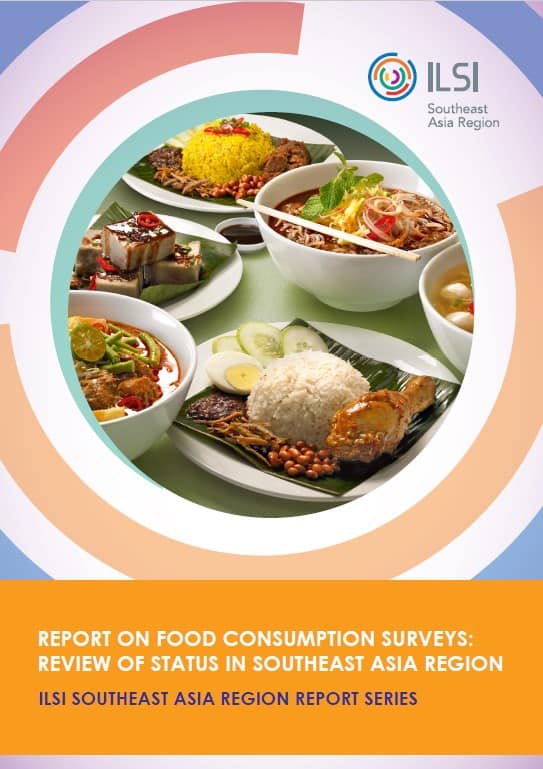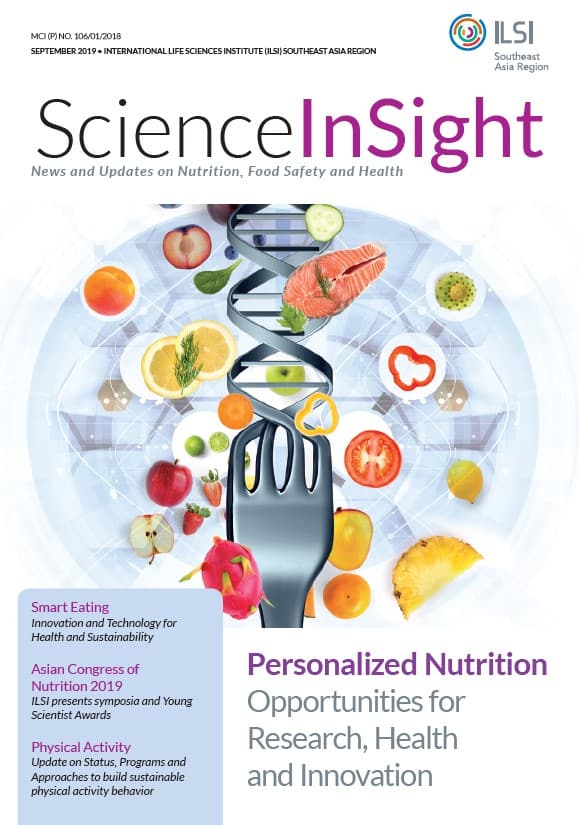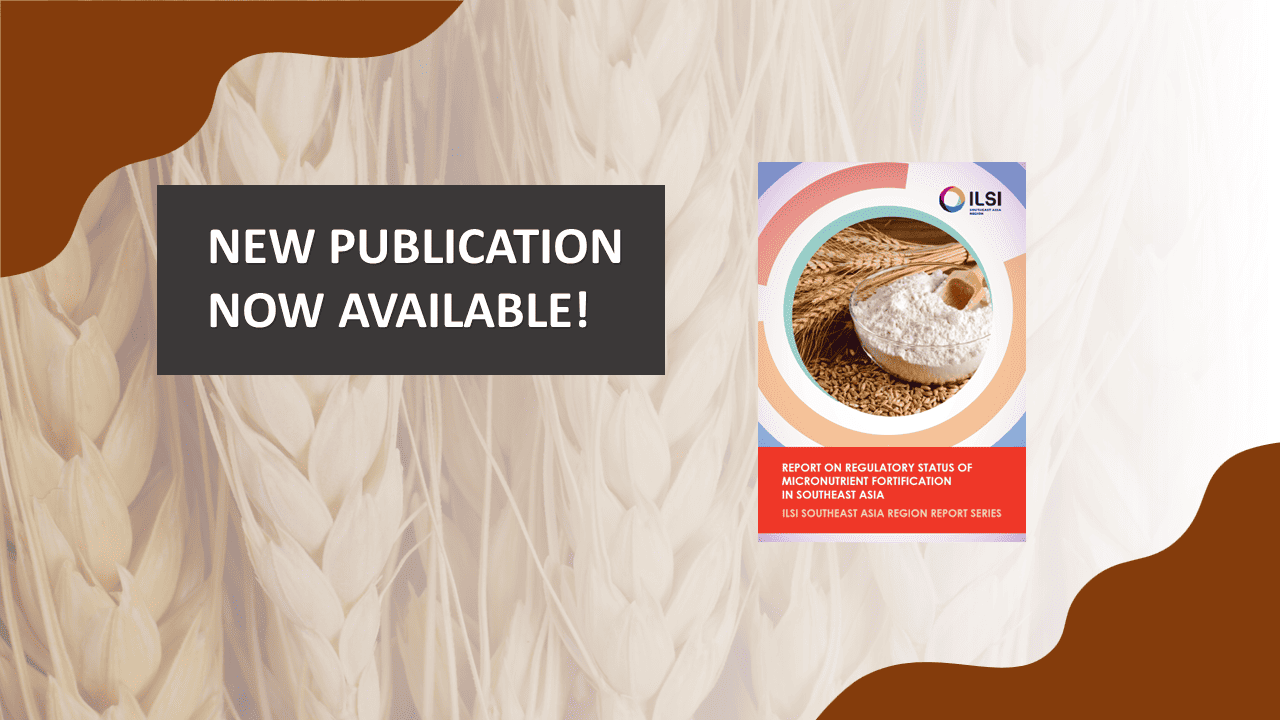
Now available: ILSI's new book about food safety!
Present Knowledge in Food Safety is a comprehensive resource that addresses food safety concerns and scientific advancements along the farm-to-consumption supply chain.
ILSI SEA Region initiates and coordinates scientific programs, research, as well as knowledge and information dissemination in Southeast Asia, Australia, New Zealand and the Pacific Islands. Read more
Filter
Upcoming Events
Upcoming Events
No results.
WP_Query Object
(
[query] => Array
(
[post_type] => event
[posts_per_page] => 5
[type] =>
[area] =>
[before] =>
[after] =>
[tags] =>
[showtitle] =>
[meta_query] => Array
(
[relation] => AND
[0] => Array
(
[key] => _ilsi_date
[value] => 2024-04-25
[compare] => >=
)
)
[paged] => 1
[meta_key] => _ilsi_date
[orderby] => meta_value
[order] => ASC
)
[query_vars] => Array
(
[post_type] => event
[posts_per_page] => 5
[type] =>
[area] =>
[before] =>
[after] =>
[tags] =>
[showtitle] =>
[meta_query] => Array
(
[relation] => AND
[0] => Array
(
[key] => _ilsi_date
[value] => 2024-04-25
[compare] => >=
)
)
[paged] => 1
[meta_key] => _ilsi_date
[orderby] => meta_value
[order] => ASC
[error] =>
[m] =>
[p] => 0
[post_parent] =>
[subpost] =>
[subpost_id] =>
[attachment] =>
[attachment_id] => 0
[name] =>
[pagename] =>
[page_id] => 0
[second] =>
[minute] =>
[hour] =>
[day] => 0
[monthnum] => 0
[year] => 0
[w] => 0
[category_name] =>
[tag] =>
[cat] =>
[tag_id] =>
[author] =>
[author_name] =>
[feed] =>
[tb] =>
[meta_value] =>
[preview] =>
[s] =>
[sentence] =>
[title] =>
[fields] =>
[menu_order] =>
=>
[category__in] => Array
(
)
[category__not_in] => Array
(
)
[category__and] => Array
(
)
[post__in] => Array
(
)
[post__not_in] => Array
(
)
[post_name__in] => Array
(
)
[tag__in] => Array
(
)
[tag__not_in] => Array
(
)
[tag__and] => Array
(
)
[tag_slug__in] => Array
(
)
[tag_slug__and] => Array
(
)
[post_parent__in] => Array
(
)
[post_parent__not_in] => Array
(
)
[author__in] => Array
(
)
[author__not_in] => Array
(
)
[search_columns] => Array
(
)
[ignore_sticky_posts] =>
[suppress_filters] =>
[cache_results] => 1
[update_post_term_cache] => 1
[update_menu_item_cache] =>
[lazy_load_term_meta] => 1
[update_post_meta_cache] => 1
[nopaging] =>
[comments_per_page] => 50
[no_found_rows] =>
)
[tax_query] => WP_Tax_Query Object
(
[queries] => Array
(
)
[relation] => AND
[table_aliases:protected] => Array
(
)
[queried_terms] => Array
(
)
[primary_table] => wp_21_posts
[primary_id_column] => ID
)
[meta_query] => WP_Meta_Query Object
(
[queries] => Array
(
[0] => Array
(
[key] => _ilsi_date
)
[1] => Array
(
[0] => Array
(
[key] => _ilsi_date
[value] => 2024-04-25
[compare] => >=
)
[relation] => OR
)
[relation] => AND
)
[relation] => AND
[meta_table] => wp_21_postmeta
[meta_id_column] => post_id
[primary_table] => wp_21_posts
[primary_id_column] => ID
[table_aliases:protected] => Array
(
[0] => wp_21_postmeta
[1] => mt1
)
[clauses:protected] => Array
(
[wp_21_postmeta] => Array
(
[key] => _ilsi_date
[compare] => =
[compare_key] => =
[alias] => wp_21_postmeta
[cast] => CHAR
)
[mt1] => Array
(
[key] => _ilsi_date
[value] => 2024-04-25
[compare] => >=
[compare_key] => =
[alias] => mt1
[cast] => CHAR
)
)
[has_or_relation:protected] =>
)
[date_query] =>
[request] =>
SELECT SQL_CALC_FOUND_ROWS wp_21_posts.ID
FROM wp_21_posts INNER JOIN wp_21_postmeta ON ( wp_21_posts.ID = wp_21_postmeta.post_id ) INNER JOIN wp_21_postmeta AS mt1 ON ( wp_21_posts.ID = mt1.post_id )
WHERE 1=1 AND (
wp_21_postmeta.meta_key = '_ilsi_date'
AND
(
( mt1.meta_key = '_ilsi_date' AND mt1.meta_value >= '2024-04-25' )
)
) AND ((wp_21_posts.post_type = 'event' AND (wp_21_posts.post_status = 'publish' OR wp_21_posts.post_status = 'acf-disabled')))
GROUP BY wp_21_posts.ID
ORDER BY wp_21_postmeta.meta_value ASC
LIMIT 0, 5
[posts] => Array
(
)
[post_count] => 0
[current_post] => -1
[before_loop] =>
[in_the_loop] =>
[comment_count] => 0
[current_comment] => -1
[found_posts] => 0
[max_num_pages] => 0
[max_num_comment_pages] => 0
[is_single] =>
[is_preview] =>
[is_page] =>
[is_archive] =>
[is_date] =>
[is_year] =>
[is_month] =>
[is_day] =>
[is_time] =>
[is_author] =>
[is_category] =>
[is_tag] =>
[is_tax] =>
[is_search] =>
[is_feed] =>
[is_comment_feed] =>
[is_trackback] =>
[is_home] => 1
[is_privacy_policy] =>
[is_404] =>
[is_embed] =>
[is_paged] =>
[is_admin] =>
[is_attachment] =>
[is_singular] =>
[is_robots] =>
[is_favicon] =>
[is_posts_page] =>
[is_post_type_archive] =>
[query_vars_hash:WP_Query:private] => 4d34fe484366ebdbfa7eeb288eeaa837
[query_vars_changed:WP_Query:private] =>
[thumbnails_cached] =>
[allow_query_attachment_by_filename:protected] =>
[stopwords:WP_Query:private] =>
[compat_fields:WP_Query:private] => Array
(
[0] => query_vars_hash
[1] => query_vars_changed
)
[compat_methods:WP_Query:private] => Array
(
[0] => init_query_flags
[1] => parse_tax_query
)
)
Subscribe to Our NewsFlash and Nano Alert
Join our NewsFlash and Nano Alert mailing list to receive the latest scientific updates in nutrition, food innovations, safety issues and nanotechnology applications in food, agriculture, food packaging, skin care, medical applications with potential links to those focus topics, and related toxicology and risk assessment.
Follow ILSI SEA Region on Social Media!

